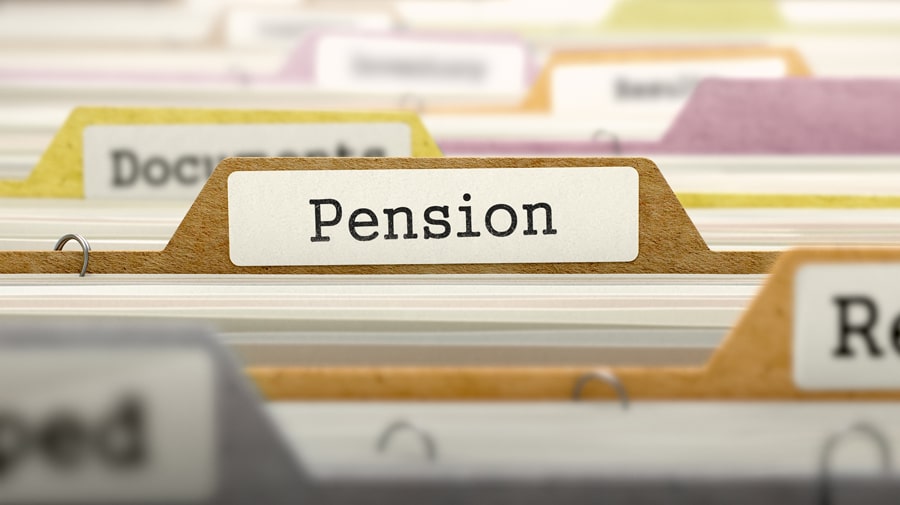The high level of withdrawals highlights just how bold and innovative savers can be once they are granted the freedom and flexibility to do as they wish with their pensions rather than being saddled with the passive and sometimes disempowering pension rules of a few years ago.
Many are not simply withdrawing their money and spending it or indeed investing it in the stock market. Instead, they are choosing other methods of taking their pension, including expat pension transfers such as QROPS and SIPPs.
The figures are also further proof of the moribund state of final salary schemes; many savers are taking the option of receiving a lump sum payment in exchange for the cancellation of their final salary scheme. This is an arrangement that seems to be suiting both savers and the administrators of final salary schemes.
However, there are some concerns that the level of pension withdrawals could be a sign that some savers are making irresponsible or ill-informed decisions that could place their future financial security in jeopardy. As such, every saver should consider that the freedoms afforded by the pension reforms place an additional emphasis on the need for trusted professional advice when making decisions about how to transfer or invest pensions. Any desire to scrimp in this regard is likely to prove a false economy.
Good advice can help savers make solid plans and contingencies that align with their strategies, goals and projected timescales. This is hard enough for most investment professionals to achieve, let alone the lay investor.
Interestingly, the FCA figures reveal that close to 40% of the withdrawals were made by savers between the ages of 55 and 65, with the majority taken as a lump sum; it is clear that today’s savers are seeking to do things are on their own terms, but do so successfully good advice is critical.
Speak to Blacktower today for expat pension planning advice and information on the full gamut of wealth management and investing opportunities available to you as an expat.
This communication is for informational purposes only and is not intended to constitute, and should not be construed as, investment advice, investment recommendations or investment research. You should seek advice from a professional adviser before embarking on any financial planning activity. Whilst every effort has been made to ensure the information contained in this communication is correct, we are not responsible for any errors or omissions.

 For all but the highest net worth individuals, a pension pot will be the most valuable retirement asset in the long-term financial plan. Despite this, many retirement savers take a passive approach to pension planning and ultimately fail to realise the benefits of considering all the options and opportunities available to them.
For all but the highest net worth individuals, a pension pot will be the most valuable retirement asset in the long-term financial plan. Despite this, many retirement savers take a passive approach to pension planning and ultimately fail to realise the benefits of considering all the options and opportunities available to them. was ushered in on 6 April 2016 as a result of a massive shake-up. The new payout has been designed to make the whole process easier to understand, although it’s still far from simple.
was ushered in on 6 April 2016 as a result of a massive shake-up. The new payout has been designed to make the whole process easier to understand, although it’s still far from simple.